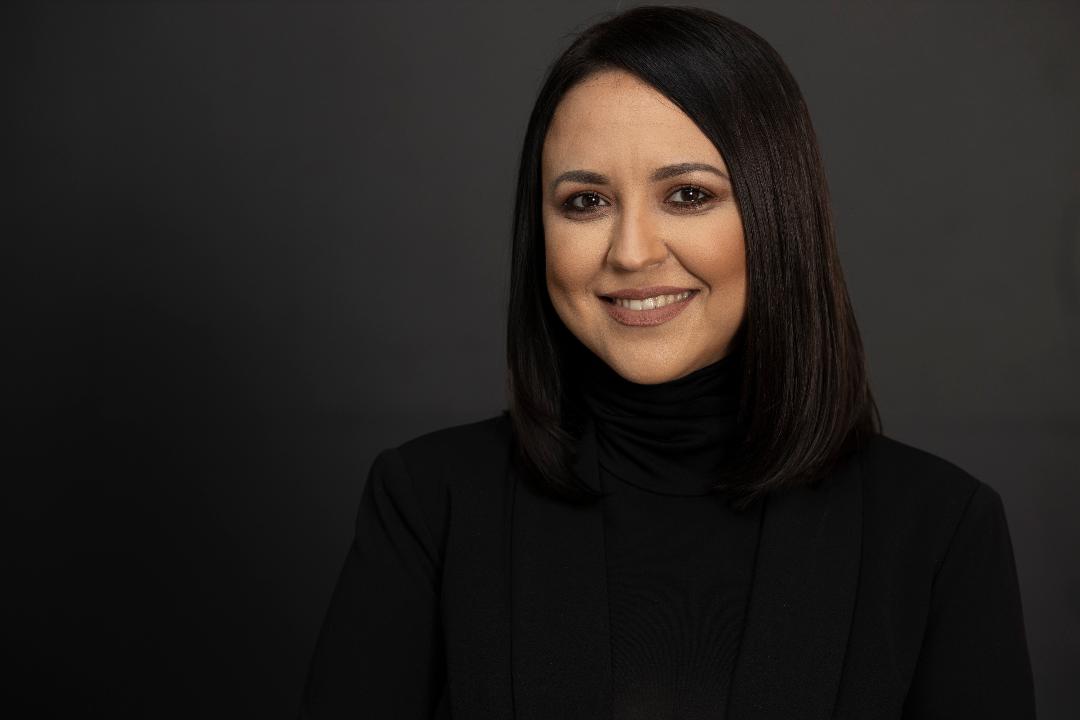The Middle East region, especially the historically vulnerable part between Syria and Turkey, has brought to the surface all the geopolitical failure, to which we will also attribute the dysfunction of relations between the great powers, the collapse of the international order and the imbalance of global governance. all this accompanied by natural disasters.
Author: Katerina Topallova
Whether we like it or not, adversity reminds us that we are citizens of the world… Therefore, we carry our humanity with us and must not allow it to be suppressed or disabled. This is what makes us human – humanity! Therefore, “the greatness of mankind is not in being human, but in being humane.” – says Mahatma Gandhi.
The strong earthquakes that occurred on Monday in southeastern Turkey and the northern part of Syria caused great casualties and destruction with apocalyptic consequences. In the face of severe natural disasters, human society has discovered its fragile and resilient sides, and precisely earthquakes are one of the worst experiences, leaving death and destruction all around.
Shocking scenes after mass disasters always create a strong sense of empathy and community, as well as a call for human solidarity. And it is precisely this understanding of accidents and tragic scenes that is invaluable and recommended for practice.
If the recent report of the Center for Research on the Epidemiology of Disasters gives a warning about the damages and casualties at the world level, the same figures today seem quite shocking and frightening. The latest report presents data on the impacts of natural disasters (human and economic) at the world level for the last 20 years. Analyzes focus on trends and patterns of impacts and how they vary by income level or geographic location. Earthquakes (including tsunamis, as a consequence) killed more people than all other types of disasters combined, claiming almost 850,000 lives between 1994 and 2019 until the outbreak of the Covid pandemic, which would mean an average of 79 deaths per 1,000 people.
Although humanity has recently faced common challenges, starting with the Covid pandemic, climate change and regional conflicts, the impression still remains that there was a lack of true solidarity to deal with global issues. The Middle East region, especially the historically vulnerable part between Syria and Turkey, has brought to the surface the entire geopolitical failure, to which we will also attribute the dysfunction of relations between the great powers, the breakdown of the international order and the imbalance of global governance , all this accompanied by natural disasters.
Knowing that Turkey, and especially Syria, have long been places of conflict in international geopolitics. So, just before the earthquake, the world’s newspapers came out with the concern that there is not much room for optimism. Then to come to a situation – from geopolitical to natural earthquake. A number of Western countries, including the US, UK, Germany and France, have temporarily closed their consulates in Istanbul or issued security warnings to Turkey citing “security concerns”, sparking fierce protests in Turkey. which can also be called “a diplomatic earthquake”. .” And let’s not forget Syria, a country suffering from a war for more than a decade, a war that causes more damage than an earthquake.
Both countries are still struggling to recover from the catastrophic consequences, not coming to their senses… So far, 11,200 people have lost their lives from the earthquakes and the number is constantly increasing, not forgetting tens of thousands of injured. Thousands of buildings and structures were also reduced to rubble.
But earthquakes are not uncommon in Turkey and the Middle East, beginning in biblical times and continuing to the present day. Most of the country lies on the Anatolian Plate, which is bounded by two major fault lines: the North Anatolian Rift, which runs across the country from west to east, and the East Anatolian Rift, located in eastern Turkey, where the last earthquake happened.
Although existential, earthquakes are still localized events. As devastating as they are, their impact is regionalized. But above all, humanity must stand squarely in front of itself and ask itself: Can an earthquake endanger all of humanity? In our increasingly connected world, could an earthquake sufficiently exacerbate a biotechnological, nuclear, or economic hazard to trigger a set of circumstances that could lead to the destruction of modern society? Legitimate questions, the answers to which we will still seek with a dose of concern, especially after the devastating images that have come to us from Turkey and Syria.
Every time after a disaster, people sympathize with the victims from the bottom of their hearts and sincerely hope to help as much as they can. Seeing things through other people’s eyes, walking in their shoes and feeling what they feel – that’s the connection that comes from shared experiences that bring us closer as human beings. It is a brilliant part of universal humanity… The greatest cruelty is our casual blindness to the despair of others. That is why it is necessary to see the profound power of building a community with a common future for humanity and to be sure that the world will eventually become a better and warmer place.

